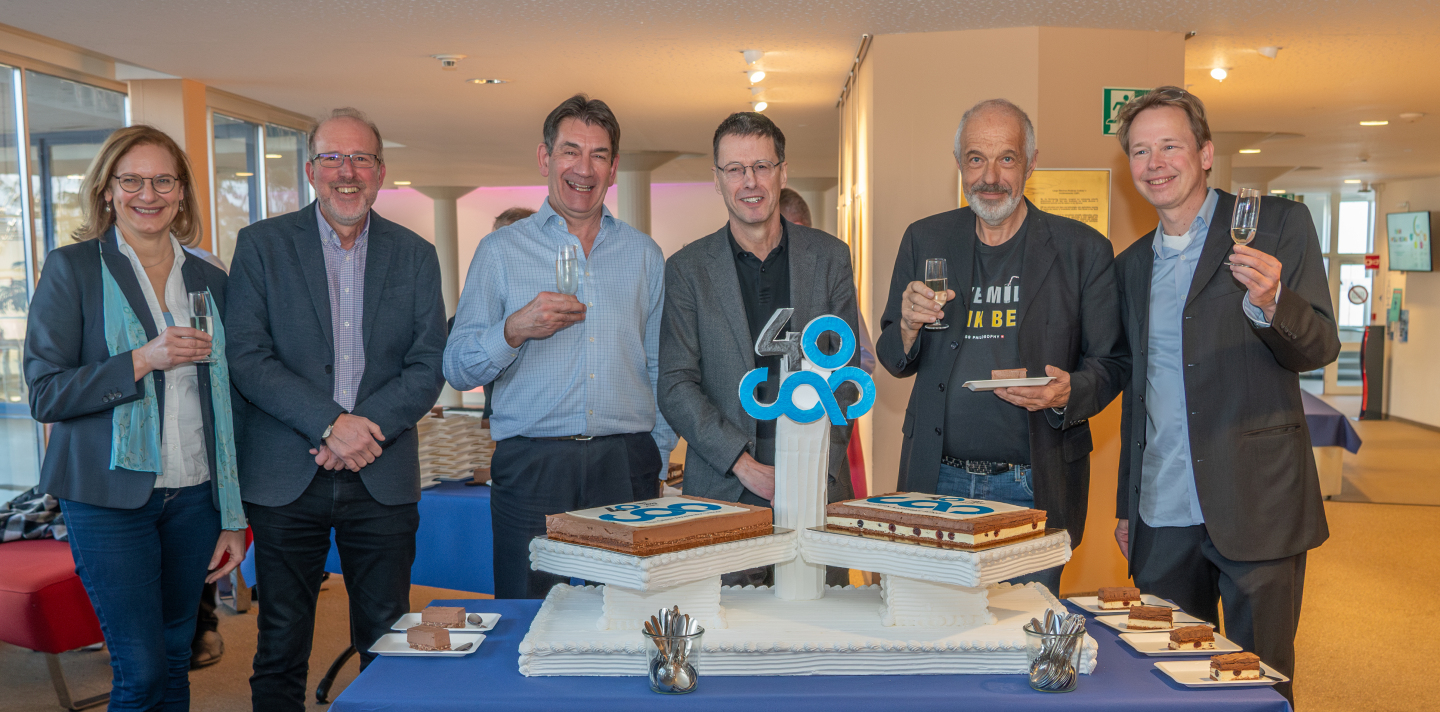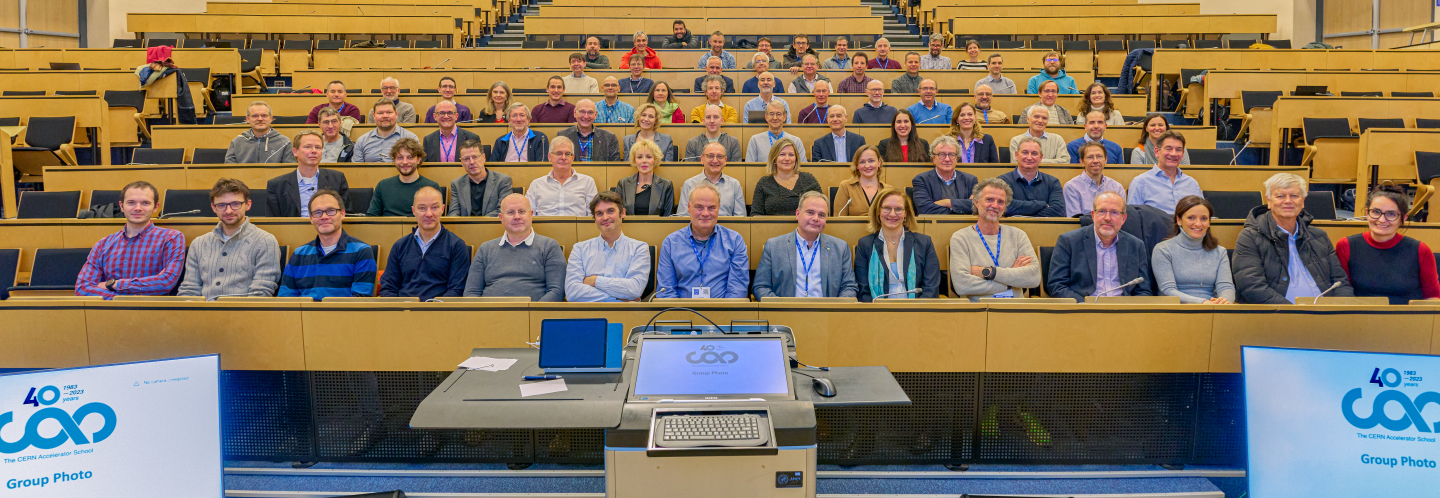In a busy year, it marked its 40th anniversary with three courses - two on topical subjects and one introductory course. These courses offer a wide range of lectures on various topics from power coupling and matching to beam loading, from computational tools to high beta cavities, and from dynamic effects in superconducting magnets to medical applications, to mention some.
Three residential courses brought together a staggering 389 participants - students, lecturers, and professionals - who converged across vibrant locations in Germany, Spain, and Austria. These locations were a global hub for exchanging knowledge and expertise in accelerator physics and technology, uniting participants from CERN Member States and professionals worldwide. The CERN Accelerator School fortified its collaborations with prestigious institutions such as Helmholtz-Zentrum Berlin, ALBA Synchrotron, and EBG MedAustron GmbH, further extending ties with Technische Universität Wien, CIEMAT, and the University of Southampton. Enthusiasts seeking to take part of the accelerating future can already secure their spots for the 2024 courses.
Enthusiasts seeking to take part of the accelerating future can already secure their spots for the 2024 courses.
Looking at exciting prospects for 2024, the first meeting of the new CAS Advisory Committee was held in January. During the meeting, the committee reinforced their support for projects such as CASopedia, discussed new topics for specialised courses, and considered potential locations for future courses. Exciting plans for new courses and locations are being developed for the next five years!
The celebration of the School’s 40 years of existence was a unique moment. Enhanced by the digitisation of historical documents and pictures, a series of articles looked back over the history of this extraordinary institution. But the spirit of collaboration and knowledge sharing is at the school's core, and we would not celebrate without the CERN community.
“In September, we organised the CAS Week close to one of the main Restaurant at CERN, and invited CERN participants to celebrate with us and attend two concerts during lunchtime with the collaboration of the CERN Music Club. We also set up a selfie corner for the CERN community and a screen with historical pictures and information about CAS history”, says Frank Tecker, Head of CAS.
Another celebration was held more recently, on January 19th, 2024, during a special ceremony. “After this fantastic year, we wanted to bring together the core of the school, our lecturers, hands-on professionals and collaborators at the very place where it all began - the Main Auditorium at CERN”, Frank adds.
"CAS lecturers are the school’s core, and the organisation wanted to thank them for their commitment. A special award went to Piotr Kowina, from GSI and to Massimo Ferrario, from INFN. “Our lectures come from around the world to the CAS courses not only to teach but also to interact with the community the days they stay at the school. We understand that being a lecturer that is not based at CERN requires an extra effort, and we are thankful for their contributions to accelerator science and CAS,” added Frank Tecker.
Many of the current lecturers at CAS were once students and newcomers themselves. Now, they are recognised professors with successful careers and continue supporting the school and its specialised group of lecturers. “When I have a meeting with the school, I try to change the other commitments because this is a moment where you feel how important it is what you are doing […] you are doing something that will remain and will be improved” says Massimo Ferrario, lecturer of CAS and awardee of the 2023 Enrico Fermi Prize of the Italian Physical Society.

During the event, various speakers talked about the school’s history and its impact on accelerator technologies worldwide. Mike Lamont highlighted the importance of education and knowledge transfer, Maurizio Vretenar introduced us to a journey through CAS history, Philip Burrows gave us an overview of the global impact of CAS on the field of accelerator science, and Hermann Schmickler explained how important the interactions at the school for networking and collaboration.
CAS also showed a testimonial video with some lecturers who were also students, talking about their experiences as students and lecturers and the impact of the school on their professional careers. After eating a celebratory cake, CAS organised an exclusive underground visit to CMS experiment for the lecturers.
Overall, the ceremony was an opportunity to celebrate CAS’s unique contributions to the world of accelerator technologies and to recognise the ongoing dedication of the school’s lecturers and supporters.

